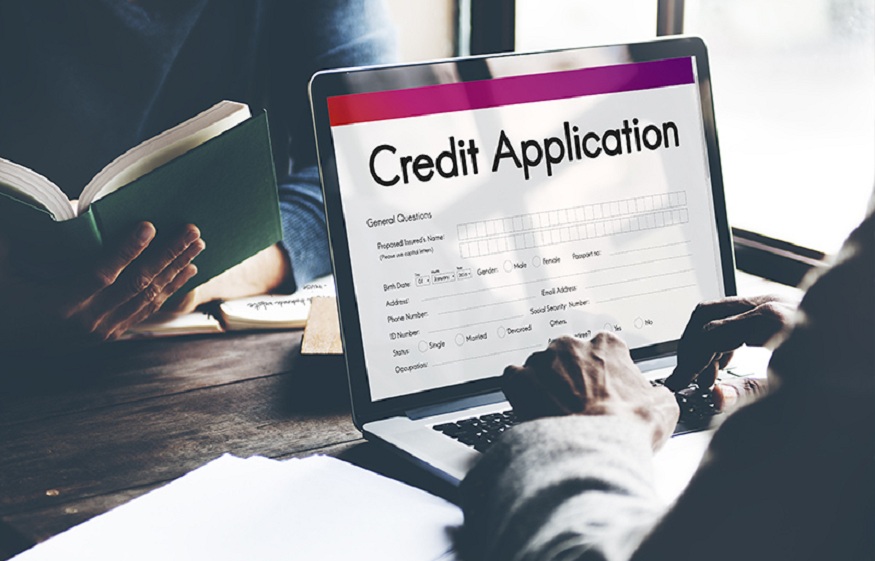Refinansiering: Should People Do It for Their Housing Loans?
If a property owner has a housing loan, it is almost definitely one of their most significant financial obligations. And while experts expect interest rates (IR) of these debentures to increase after the pandemic, they are still pretty low compared to where these things were before the COVID-19 pandemic. It means that it could still be an excellent time for individuals to save and refinance.
Today, the average IR for 30-year fixed-rate refinances is 3.30%, while fifteen-year fixed-rate remortgage comes with an average IR of 2.68%. Even if the world is no longer seeing the lowest rates seen during the middle of the COVID-19 pandemic, property owners who are looking to refinance can still make a lot of savings. Listed below are the reasons why it is high time for most property owners to refinance and how to know if it is the right move for their needs.
New Lower IRs: What Does It Mean for Property Owners?
With IRs steadily rising from their lowest point during the start of the Coronavirus-19 pandemic, the window of opportunity for getting huge savings out of the current rate is starting to close. Although housing loan rates are continuously in motion from day to day and are expected to increase or decrease sooner or later, the general trend is pointing to rising IRs in the near future. But despite these things, interest rates are still way below pre-pandemic levels; that is why individuals looking to finance can still get an excellent deal sooner than later.
Want to negotiate getting lower IRs? Visit this site for details.
Refinancing: Everything You Need to Know
Refinancing housing loans is when an individual takes out new loans to replace their existing ones. They will keep their current property, but they will have a new debenture with possibly different terms and conditions.
Common Reasons Why People Should Consider Refinancing
- Getting a much lower IR
- Moving from an adjustable rate to a fixed one
- Eliminating Private Mortgage Insurance or PMI
- Shortening the mortgage’s term, so people can pay it off sooner than later
- Increasing duration of mortgages with lower monthly payments

How Do These Things Work?
When people refinance their housing loans, they are getting new loans to replace their existing ones. They will need to go through most of the same procedures of getting a new property: applying for debentures, underwriting, appraisals, and closing. The significant difference is that homeowners will keep their current house instead of looking for a new property.
Just like when people apply for mortgages for new homes, they will need to submit applications and meet lending firms’ requirements in areas like debt-to-income ratio, employment history, and credit scores. When property owners refinance, they can choose to go with their original lending firm or find a new company that offers a better deal. They will also need to have the necessary equity in their homes – at least 20% – to qualify for these plans.
People should always keep in mind that they are also required to pay closing fees and costs, which can be three to six percent of the value of the debentures. It can add up to at least a thousand dollars, so property owners need to do the necessary research and crunch the numbers to make sure the funds they will save in interest rates exceed the total closing costs.
Check out sites like refinansieringlavrente.com to know more about this subject.
What Is an Outstanding Housing Loan Refunding Rate?
There is no actual standard for an excellent refunding rate. Usually, rates should be at least one percent lower compared to the current housing debenture rate for a refund to make a lot of sense, but people will need to calculate the numbers to understand whether this move will make sense or not.
One way to do this is to calculate break-even numbers. Since closing fees and costs will need a lot of upfront money, individuals may want to ensure that the funds they are saving with lower interest rates are more outstanding compared to the amounts they are paying for this move.
By crunching the break-even numbers, people can see how long it will take to regain the money they spend on the upfront cost of this move. If they decide to refund, make sure to check different lending firms to find the best rates readily available in the market today. Individuals also need to keep in mind that even though the average IR is pretty low right now, the particular rate they may get will also depend on certain factors like the debt-to-income ratio and their credit scores.
Pro Tip:
Before jumping on this bandwagon, take a look at the stability of your income. If you are not secure, always think twice before going on this journey.

Why Do People Need to Refund Their Mortgage Now?
If refunding housing loans are part of your financial schemes, now is the best time to do it. Listed are some reasons why individuals should do this thing right now.
Lower Interest Rates
Today’s rates on refinancing mortgages are no longer in the bottom-of-the-barrel level of the middle of the COVID-19 pandemic, but they can still be an excellent deal to compare rates pre-pandemic times. But according to experts, it will rise sooner or later, so the window of opportunity will close soon. The sooner property owners to lock in a particular rate, the more likely they will save money on these things.
Economic Recovery Is on the Horizon
Two years ago, the pandemic-induced recession, as well as the resulting economic unpredictability, caused some individuals to hold off their decisions on refinancing their properties. Because the process can take a couple of months to complete, people worried about job security may have felt it best to wait until the economic issue stabilizes. Economic recovery is just around the corner. People who might not have been thinking about refinancing their mortgages two years ago may not have the perfect chance to do so.
When to Remortgage?
To find out whether it is a good idea to remortgage your home or not, make sure to calculate the numbers yourself. A lot of experts think that it is high time to do this thing if the property owner’s finances are in the right place. Make sure to look for savings of at least 50%, and they need to ensure they feel pretty confident that they can cover their new monthly mortgage for the entire lifespan of the loan.











